Plenary speakers from 2021:
Plenary I
Albert Porcar-Castell
Optical Ecophysiology: what is it and what could be its role in ACCC?
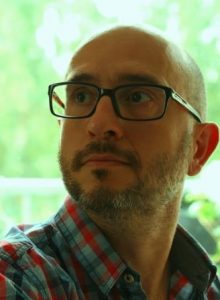
Albert Porcar-Castell will start as professor in plant physiological ecology at the Institute for Atmospheric and Earth System Research and Department of Forest Sciences in January 2022. Albert develops and applies multiscale optical methods to investigate how the intricate functional dynamics of leaves, plants and ecosystems are regulated by the environment.
In his presentation, Albert will introduce the concept of optical ecophysiology (i.e. the use of radiation emitted or reflected from vegetation for spatial analysis of ecophysiological processes), providing an overview of recent advances, challenges and applications that are rapidly emerging across fields of research.
Plenary II
Annele Virtanen
Atmospheric aerosols and the scale gap: challenges and approaches
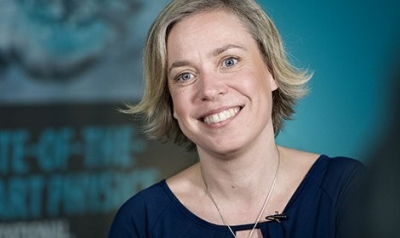 Prof. Annele Virtanen is the Head of the Aerosol Physics Research Group in the University of Eastern Finland (since 2012). Her major research questions are related to the atmospheric aerosols: how they form, what are their properties and what is the role they play in the Earth’s climate through their interactions with water vapour. To study these questions in a comprehensive way she has established wide international collaborative networks and consistently developed new approaches and the research infrastructure at UEF.
Prof. Annele Virtanen is the Head of the Aerosol Physics Research Group in the University of Eastern Finland (since 2012). Her major research questions are related to the atmospheric aerosols: how they form, what are their properties and what is the role they play in the Earth’s climate through their interactions with water vapour. To study these questions in a comprehensive way she has established wide international collaborative networks and consistently developed new approaches and the research infrastructure at UEF.
In my presentation, I will concentrate on challenges and new results related to multiscale studies aiming to connect process level studies and in-situ observations with larger scale investigations. I will introduce our recent approaches aiming to bridge the gap between the scales and also introduce the ongoing work and new results gained by my group and my collaborative networks.
Plenary III
Topi Rönkkö
Effects of renewable fuels on aerosol emissions
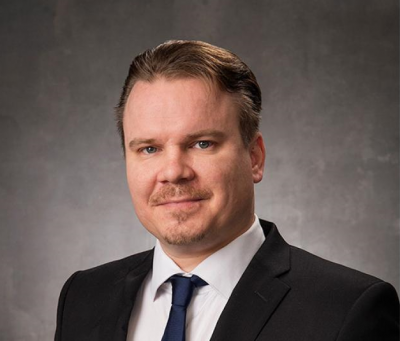
Topi Rönkkö is a professor in the Aerosol Physics Laboratory in Tampere University. He leads the research group which focuses on experimental research related to particle emissions and air quality. He studies urban atmospheric aerosols and particle emissions from engines, vehicles and power plants. His research aims to understand primary and secondary particle formation, to find methods to mitigate the emissions, and to understand how the particle emissions affect air quality and climate.
Renewable fuels are one option to reduce fossil fuel combustion and mitigate climate change. However, utilization of these fuels can have significant impacts on air quality and on the emissions of short-lived climate forcers. This plenary focuses on the effects of fuel changes on aerosol emissions by presenting results from emissions studies conducted for individual emission sources.
Plenary IV
Hannakaisa Lindqvist
Towards monitoring carbon emission reductions with satellites
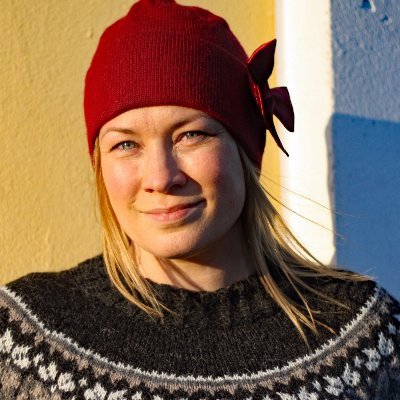
Hannakaisa Lindqvist is the group leader of Greenhouse Gases and Satellite Methods Group at FMI. She will start as a tenure-track professor at FMI in January 2022. She participates to the European Space Agency’s Mission Advisory Group for the Copernicus Anthropogenic CO2 Monitoring Mission (CO2M). Her research projects contribute to an improved understanding of greenhouse gas sources and sinks, and support the preparation for the CO2M.
The plenary gives an overview of the recent opportunities, successes, and surprises unveiled by space-based measurements of greenhouse gases. This quickly evolving field is now preparing to support the goals of the Paris Agreement by an independent monitoring and verification system that uses satellite observations from the CO2M to quantify greenhouse gas emission reductions.
Mini-plenary I
Pauliina Schiestl-Aalto
Long-term research infrastructures / SMEAR stations
Pauliina Schiestl-Aalto is a research coordinator at the Institute for Atmospheric and Earth System Research (INAR) from the University of Helsinki. She works at the Hyytiälä Forestry Field Station as the local station manager of SMEAR II station. Her background is in tree ecophysiology, forest ecosystems and process modelling.
The plenary is about the benefits and challenges of long-term research infrastructures and field stations. Long-term measurements are the basis for understanding processes in ecosystems and atmosphere and covering a wide variety of such measurements is the strength of INAR. There are also challenges in maintaining and developing remote stations and measurements at the stations. In the talk, I share some of the lessons that I have learned during my first year as a station manager.
Mini-plenary II
Timo Vesala & Xuefei Li
A Scene from the Workplace” – How to make the working environment more diversity-friendly for everyone?


Prof. Timo Vesala and PhD Xuefei Li are from University of Helsinki and Institute for Atmospheric and Earth System Research (INAR). They are both working in a group researching micrometeorology and biochemical cycles. They are members of INAR Work Wellbeing and Equality group.
Mini-plenary III
Anna Lintunen & Hanna Lappalainen
ACCC research and societal impact
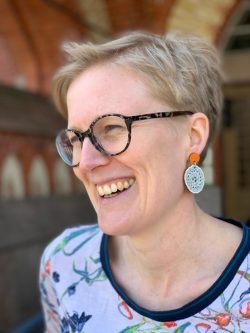

Anna Lintunen and Hanna Lappalainen are both from the University of Helsinki. They are also part of the ACCC organization and will talk about the societal impact and connections of ACCC.
Hanna Lappalainen acts as Secretary General of the Pan-Eurasian Experiment (PEEX) Program and coordinates INAR / ACCC international collaboration especially in the Arctic – boreal context. She is a co-Leader the Universities of Arctic thematic network called “Arctic-boreal Hub” and a new member of the Future Earth Mission Council.
Anna Lintunen is a research coordinator in Institute for Atmospheric and Earth System Research (INAR) and ACCC Research Flagship, and docent in tree ecophysiology. Her special interest is in studying winter behavior of trees and how boreal forests respond to changing climate conditions. Anna is also one of the organizers of this conference.
